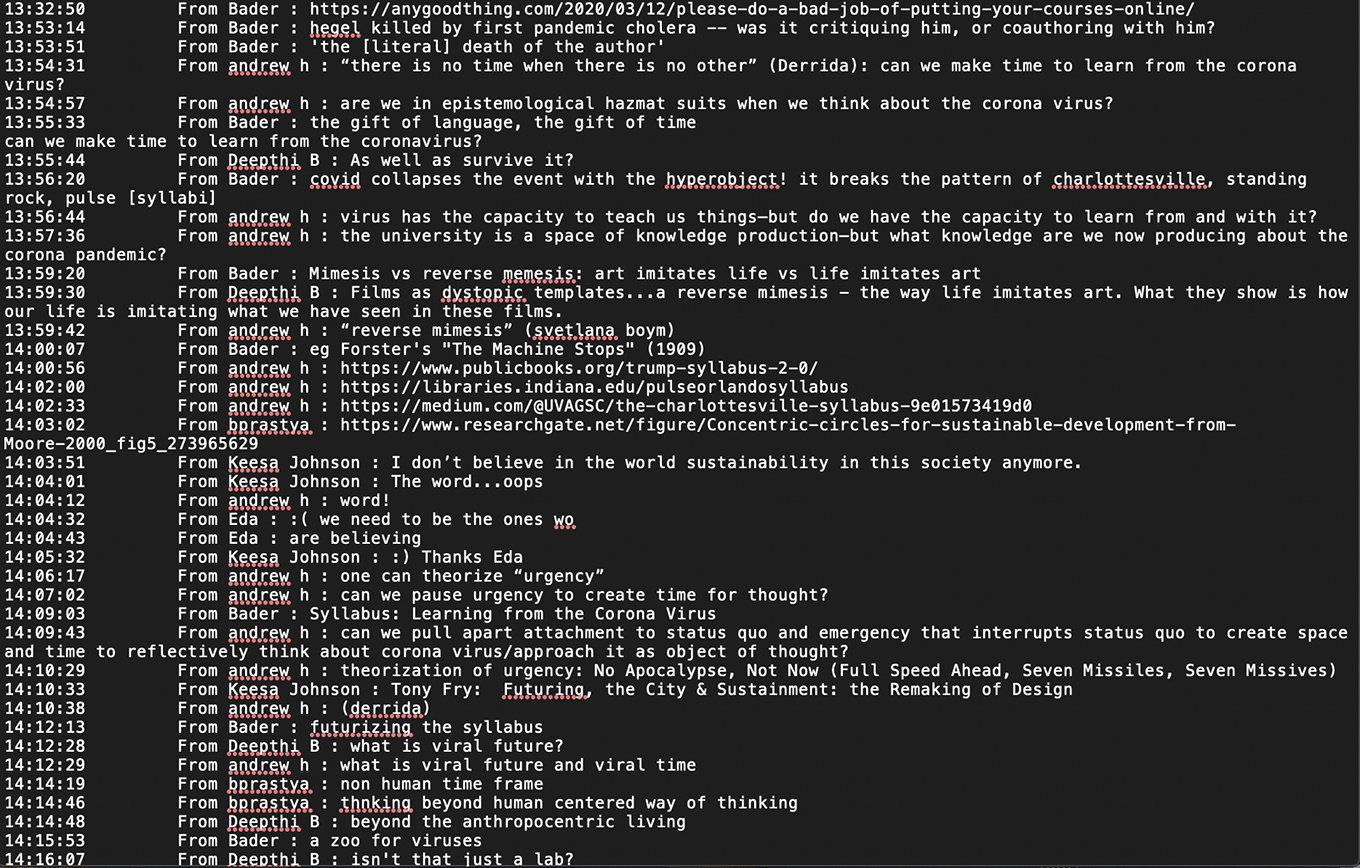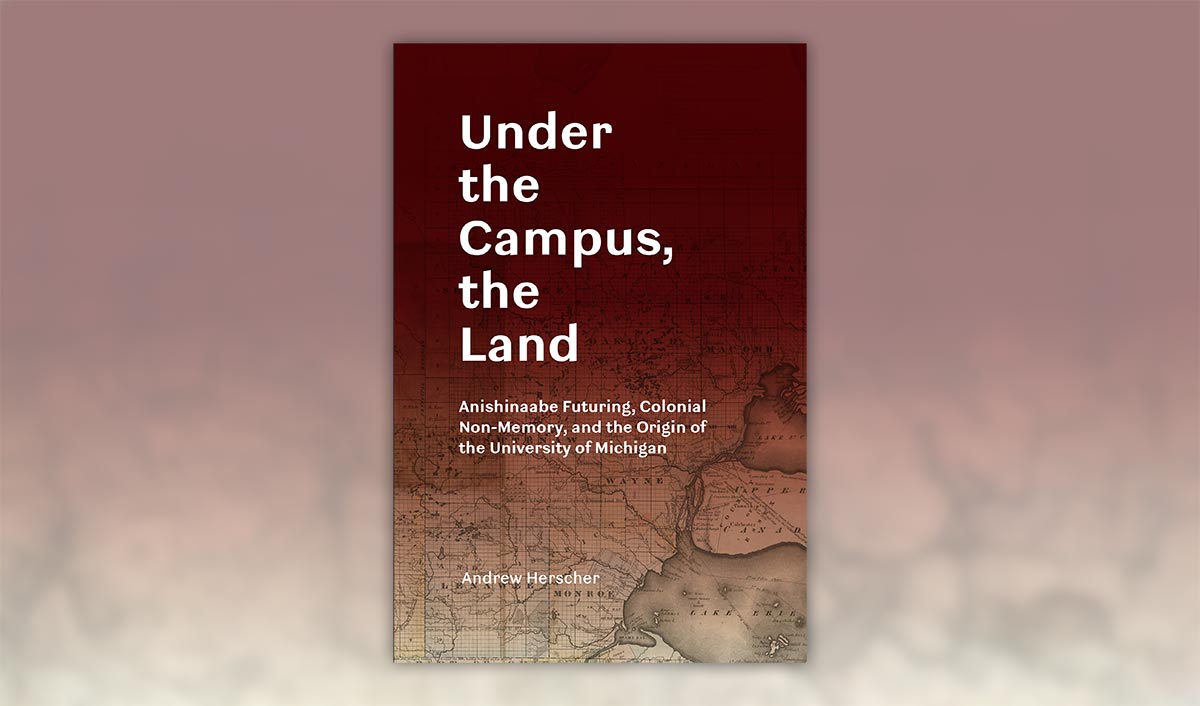
Herscher’s “Field Notes on Pandemic Teaching” Essay Explores Classrooms’ Role in Sense-making
Andrew Herscher, an associate professor of architecture, recently published an essay in Places Journal as part of its “Field Notes on Pandemic Teaching” series, in which educators around the globe share their thoughts on the challenges of abruptly moving to online teaching during the COVID-19 pandemic. He joins Dean Jonathan Massey and Associate Professor Mireille Roddier, who also have contributed to the “Field Notes on Pandemic Teaching” series.
Herscher’s essay is excerpted below.
The move to online teaching at my university has been breathtakingly fast, supported by all-new platforms with all-new capacities, multiple problem-solving feedback loops, and a deluge of emails with technical advice. Testifying to what could be called the success of this move, we recently heard that the “emergency remote learning” we have supported this semester might segue to “planned online learning” in subsequent semesters.
One of the most striking dimensions of the university’s response to the pandemic, however, is the limited amount of thought about the pandemic included in this response: to date, very few of us in the university have Zoomed, Bluejeaned, or emailed much of anything about if and how we can make sense of the world we now find ourselves in. Rather, the pandemic has thus far presented itself to us as either a crisis to survive or a problem to solve. While these presentations are entirely understandable and useful, they also seem incomplete; as well as crisis and problem, the pandemic is also an unthinkable catastrophe and, precisely as such, a solicitation of thought, regardless of whether this thinking is conducted on- or offline.
This semester, I’m teaching a doctoral seminar, “Education as Co-liberation,” that began in January with bell hooks’s Teaching to Transgress. “The classroom,” we read, “remains the most radical space of possibility in the academy.” As we’ve moved from in-person classes to Zoom meetings, we’ve found that the historical dynamics we have been exploring — colonialism, racism and racial capitalism, structural inequality, epistemic violence — have only become more relevant, if also so much more challenging to grasp amidst their cascading and terrible effects. Our digital classroom has somehow remained a precious space — a place where the need for sense-making has been expressed, shared, and, at times, tentatively advanced into thought. What makes the classroom precious, in other words, is that our need for sense-making has turned us from syllabus towards crisis and we’ve been able to think together about that crisis even as it has moved us online.
— Andrew Herscher
Read essays by other Taubman College faculty in the “Field Notes on Pandemic Teaching” series:
Associate Professor Matias del Campo
Associate Professor Mireille Roddier
See the entire “Field Notes on Pandemic Teaching” series here.
Places Journal provides public scholarship on architecture, landscape, and urbanism. Learn more here.









